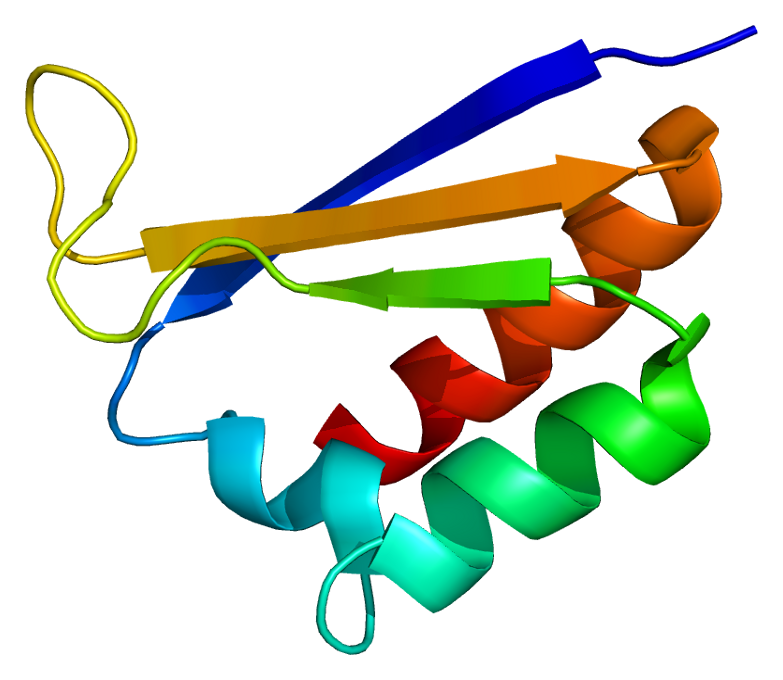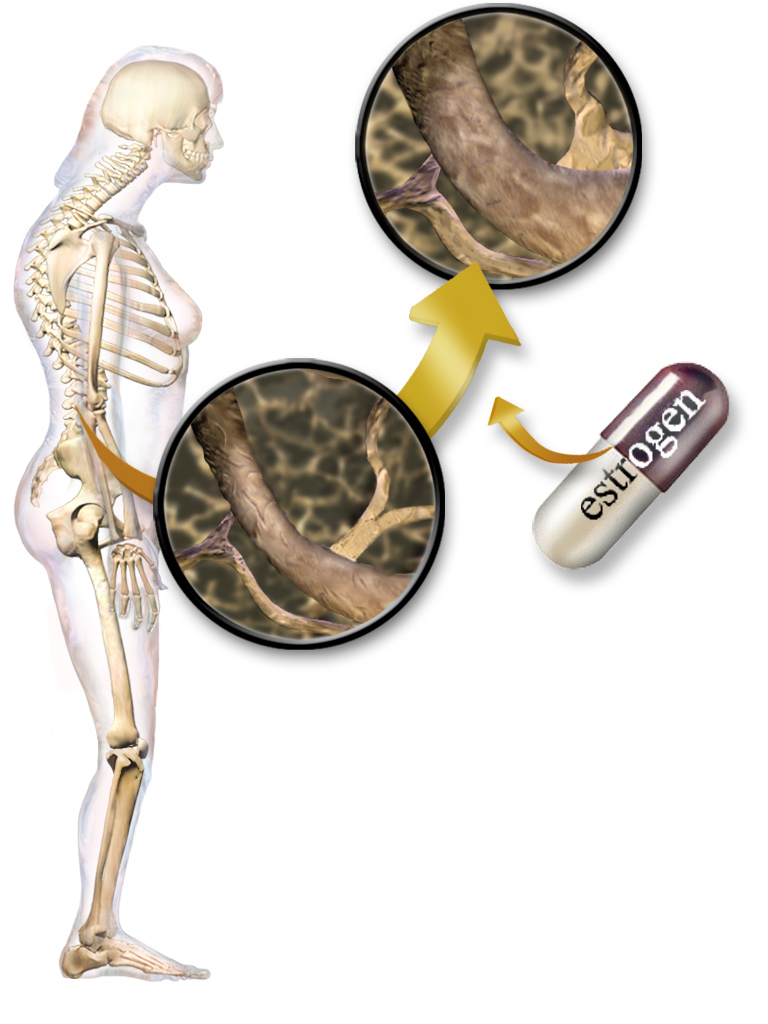New Study Reveals Adult Neurogenesis Continues into Late Adulthood

A recent study conducted by researchers at the Karolinska Institutet in Sweden has provided new insights into the phenomenon of neurogenesis, revealing that human brain cells continue to form well into late adulthood. Published in the prestigious journal Science on July 5, 2025, the study presents compelling evidence of ongoing neuronal development in the hippocampus, a critical region of the brain associated with memory formation and retention.
The research team, led by Professor Jonas Frisen, utilized carbon dating techniques to analyze DNA from brain tissue samples obtained from international biobanks, encompassing individuals aged 0 to 78. This innovative approach allowed the researchers to determine the age of the neural progenitor cells, which are precursors to new neurons. Their findings indicated significant variability among individuals regarding the number of these progenitor cells, with some adults exhibiting a high presence while others had comparatively few.
"We have now been able to identify these cells of origin, which confirms that there is an ongoing formation of neurons in the hippocampus of the adult brain," stated Professor Frisen, whose work contributes to a deeper understanding of the human brain's adaptability over the lifespan.
Neurogenesis is traditionally understood to decline with age; however, the study's results suggest that this process continues, albeit at a slower rate. The implications of these findings are profound, particularly in the context of developing therapeutic strategies for neurodegenerative diseases such as Alzheimer's, which are characterized by significant neuronal loss and impaired cognitive function as individuals age.
The research employed single-nucleus RNA sequencing, a cutting-edge technique that examines gene activity within individual cell nuclei, in conjunction with machine learning algorithms to analyze the various stages of neuron development. The study successfully identified all neural progenitor cell stages from early childhood through adulthood, providing new insights into how these cells proliferate and differentiate into mature neurons.
Frisen emphasized that this research piece is crucial in piecing together how the human brain functions and transforms throughout life. The findings not only underscore the importance of neurogenesis in maintaining cognitive health but also highlight the potential for regenerative treatments that could mitigate the effects of neurodegenerative disorders.
The variability in the number of neural progenitor cells among adults raises questions about the underlying genetic and environmental factors that contribute to neurogenesis. Dr. Sarah Johnson, a neuroscientist at Stanford University, commented, "Understanding the reasons behind these differences could open new avenues for personalized medicine approaches in treating age-related cognitive decline."
Moreover, the findings align with previous research indicating a steady loss of neurons with aging, which implicates the hippocampus in various neurodegenerative disorders. According to a report by the World Health Organization (WHO) published in 2022, neurodegenerative diseases are projected to increase significantly as the global population ages, necessitating urgent research into prevention and treatment strategies.
This latest study marks a significant advancement in neuroscience, challenging long-held assumptions about brain plasticity and the capacity for regeneration in adulthood. As researchers continue to explore the intricacies of neurogenesis, the potential for developing interventions to support cognitive health in aging populations remains a tantalizing prospect.
Advertisement
Tags
Advertisement





